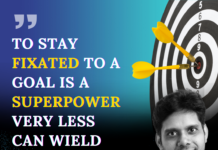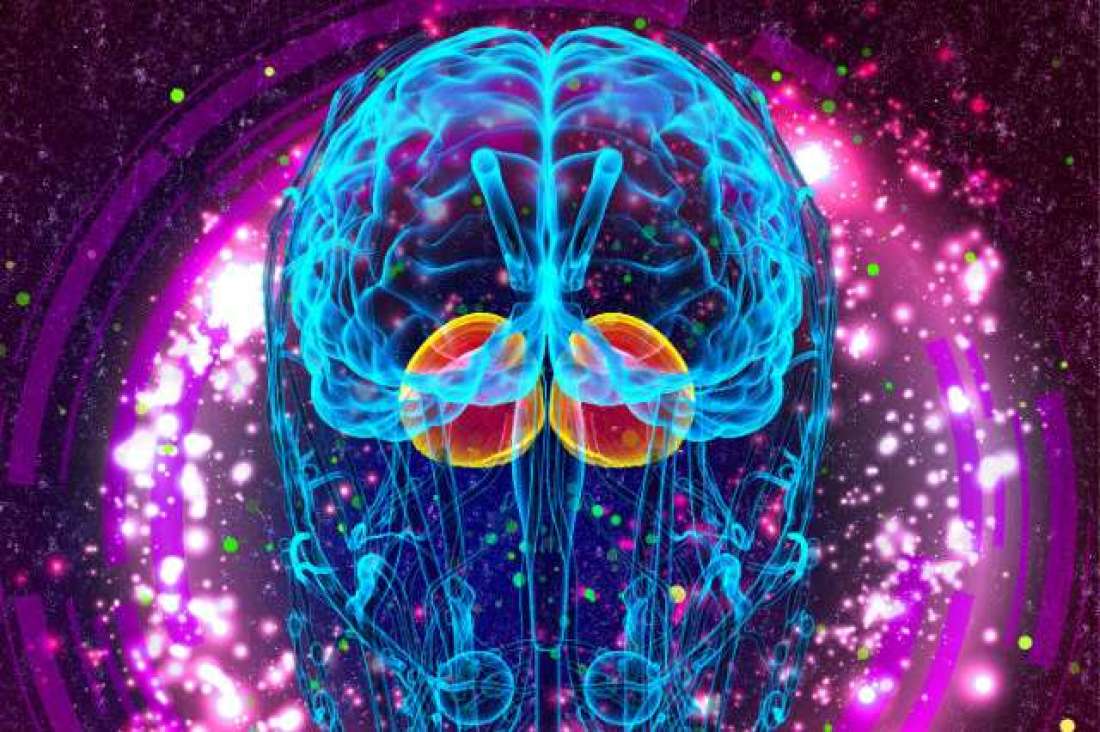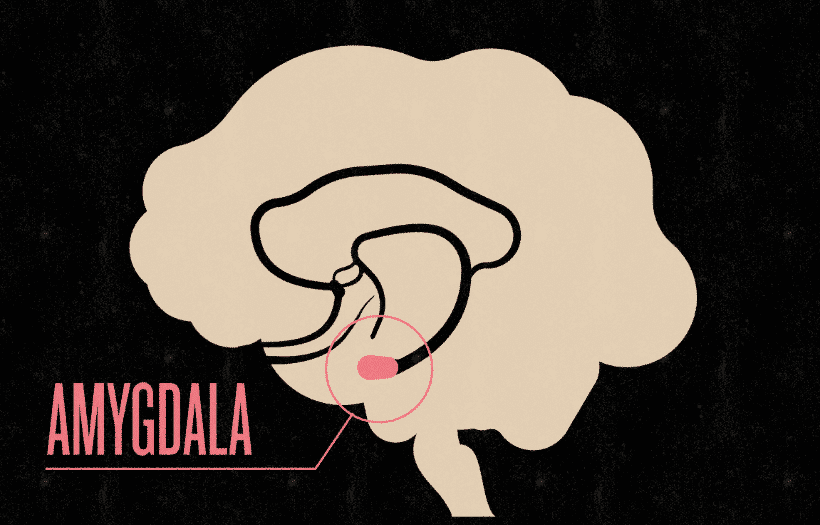Direct Electrical Stimulation of Amygdale Can Enhance Declarative Memory in Humans
Have you been feeling forgetful lately? Can you not even remember if you’ve felt forgetful lately? Wait, how did you get here? Wait, where are your keys? Wait, what were you doing before you started reading this article? Oh dear, the stove!
Worry not- a new study by a team at the Emory University can now enhance long-term memory through direct electrical stimulation of the human amygdala, a region of the brain known to regulate memory and emotional behaviours.
The findings are the first example of electrical brain stimulation in humans giving a time-specific boost to memory lasting more than a few minutes, the scientists say.
Cory Inman, PhD, postdoctoral fellow in the Department of Neurosurgery and his team recruited 14 patients with epilepsy who already had electrodes placed in their brains to detect and monitor seizures.
The researchers sat each person in front of a computer screen and displayed images of everyday objects: celery stalk, clipboard, roller skate, butterfly, skeleton key, telescope, ship-in-a-bottle, basketball, park bench—160 in total.
Half of the time, at random and immediately after seeing the picture for three seconds, participants received a one-second zap of low-amplitude electrical stimulation directly to their amygdalas, delivered in eight short bursts, each 50 Hertz in frequency and at a current of 0.5 milliamp.
A Jolt that made all the difference- the team reports that the participants were about 10 percent more likely, on average, to recognize an image they’d seen before if that picture had been followed by the electrical stimulation; and the effect was not linked to any emotional responses to the treatment.
“We were able to tag specific memories to be better remembered later,” says co-first author Cory Inman. “One day, this could be incorporated into a device aimed at helping patients with severe memory impairments, like those with traumatic brain injuries or mild cognitive impairment associated with various neurodegenerative diseases. However, right now, this is more of a scientific finding than a therapeutic one.”
“We see this as a platform for the further study of memory enhancement,” says senior author Jon T. Willie, MD, PhD, assistant professor of neurosurgery and neurology at Emory University School of Medicine. “The time specificity enables a lot of other experiments, since we know that there’s not a carry-over effect from one image to the next.”

The benefit of the amygdala stimulation was also greatest for those who had the worst memory skills to begin with—and thus the most to gain from treatment. “This is encouraging,” says Inman, “because those are the kinds of patients we want to help.” One participant, for example, could hardly remember anything from one day to the next. Without any intervention, she could only recall around 5 percent of the images she had seen 24 hours earlier. With the electrical stimulation, her image retention went up to 37 percent—more than a seven-fold improvement.
Clearly, much more human research is needed to better understand how and why electrical stimulation of the amygdala enhances declarative memory. The Emory team is in the process of fine-tuning amygdala stimulation parameters to pinpoint exactly how memory enhancement can be optimized. They are also looking into a battery of other memory tests relating to spatial or verbal recall and developing new research techniques that more closely mimic declarative memories of real-world events.

























